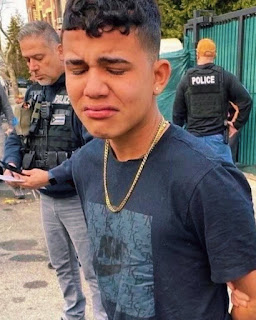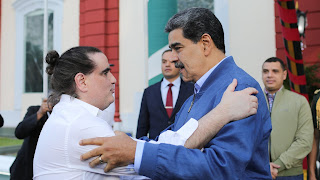The Sons of Chavez

The alarming reality of more than seven million Venezuelans who have abandoned their homeland highlights the deep crisis facing Venezuela. Although internal crisis is the predominant reason behind this massive migration, it is important to recognize that the reasons vary across different spheres and stages.
In the early days of Chavismo, many compatriots chose to emigrate in the face of imminent disaster, drawing parallels with the events in Cuba and recognizing the alarming similarities. This initial wave of migration headed towards developed countries, where they were welcomed with open arms due to their professionalism, entrepreneurial spirit, and adaptability.
As the nation progressively declined, the reasons for emigration shifted from preventive to a matter of survival. The main cities were engulfed in waves of violence and crime, forcing many to seek refuge beyond the borders. Countries like the United States, Spain, and Chile emerged as preferred destinations for those wh





